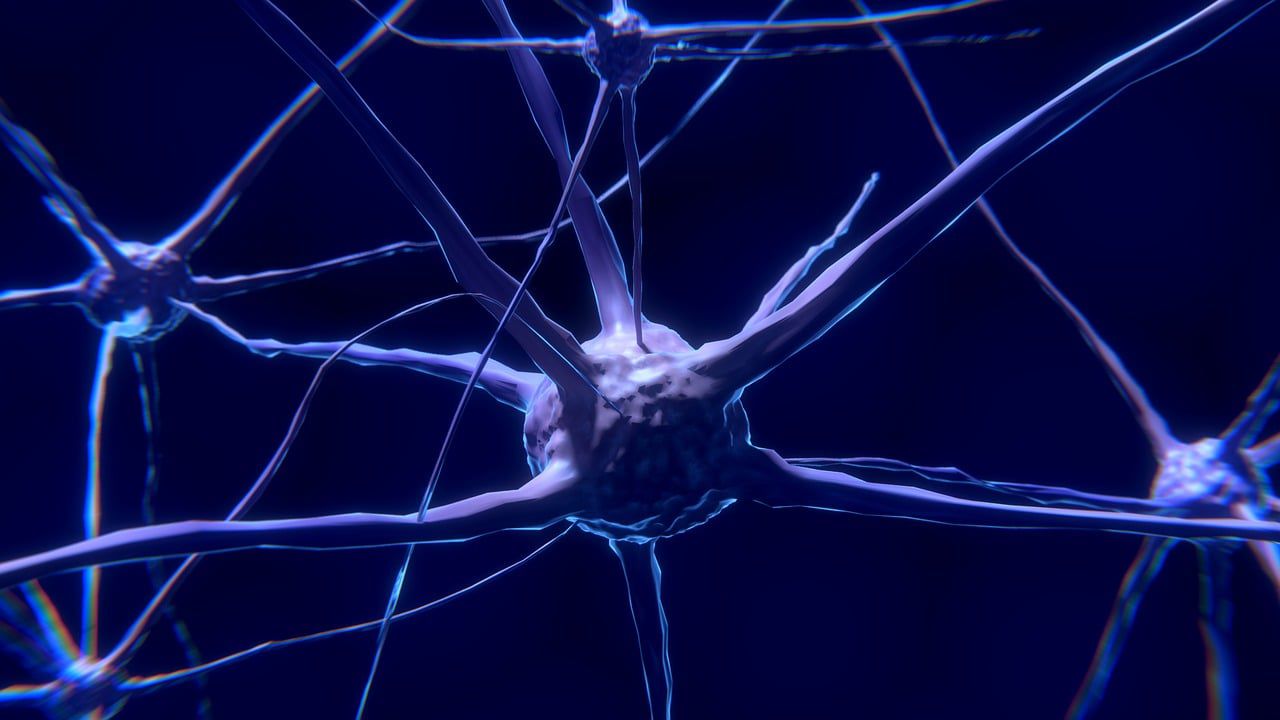The marvels of modern science continue to astound as researchers make a breakthrough discovery, honing in on neurons intricately linked to chronic stress and negative emotions.
At the forefront of this revelation is Karolinska Institutet in Sweden, where a group of nerve cells in the mouse brain responsible for generating negative emotional states and chronic stress has been identified.
But how did they unravel this neural enigma?

The research
By combining state-of-the-art methodologies like Patch-seq, large-scale electrophysiology, and optogenetics, these specialists skillfully mapped out a specific neuronal pathway from the hypothalamus to the habenula, acting as puppet masters in controlling emotions like stress and aversion.
Notably, these neurons were found to harbor receptors for estrogen, possibly accounting for the heightened stress sensitivity observed in women compared to men.
In fact, when subjected to similar aversive events, female mice displayed more enduring stress responses than their male counterparts.
Professor Konstantinos Meletis from the Department of Neuroscience at Karolinska Institutet eagerly anticipates understanding the neuron types behind aversion, as this knowledge could usher in innovative treatments for affective disorders such as depression.
The implications of this research extend far into the future, exemplifying how advanced techniques can unlock the secrets of neuronal pathways influencing emotions and behavior.
It can help lots of people in the future
The remarkable finding of estrogen sensitivity in aversion-linked neurons sheds a bright light on the sex differences observed in anxiety and depression, unearthing a potential biological mechanism underlying the prevalence of these conditions in women.
As this remarkable study unravels the complexities of the brain's emotional circuitry, it holds the promise of transforming lives and paving the way for a better understanding of mental health.












